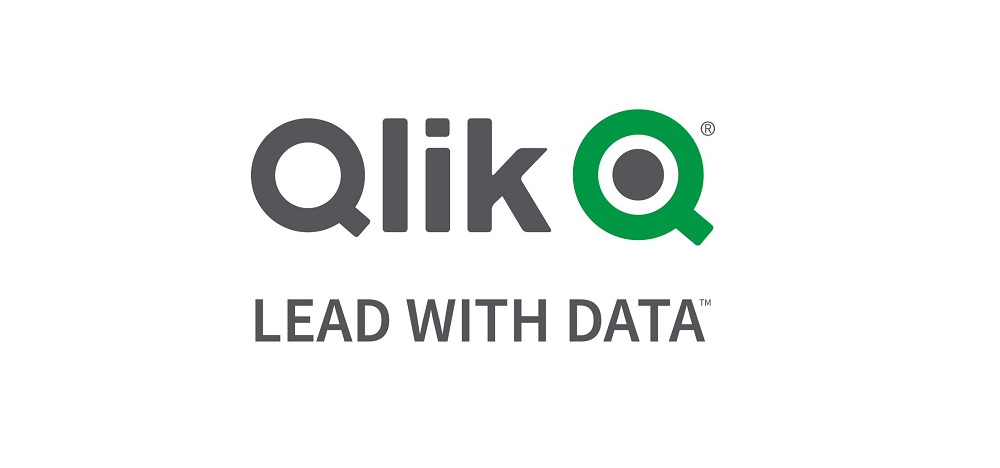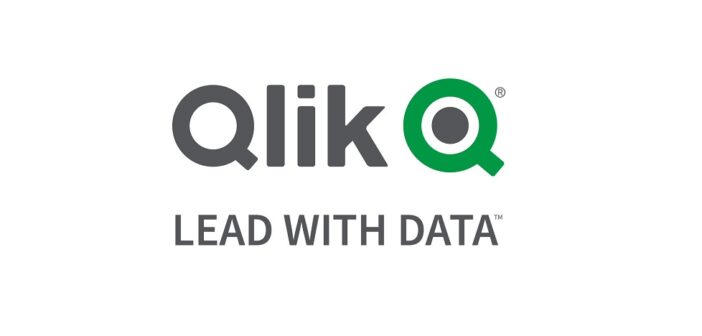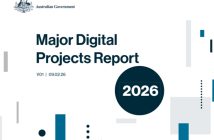
Qlik has sponsored a global IDC study to show organisations that invest in creating data-to-insights (D2I) capabilities through modern data and analytics pipelines are seeing significant gains. Australian organisations saw the strongest improvement to customer satisfaction and loyalty (27%) than any other country via these investments.
Through the new IDC hosted assessment tool (www.D2I-Score.com), every organisation can evaluate the strengths and gaps in their own data pipelines. The tool also provides a set of recommendations that will help organisations better support and focus strategic investments that can have significant bottom line impact.
“Organisations across the globe are missing a crucial opportunity to impact their performance by turning data into ongoing business value due to gaps in leaky data pipelines,” said James Fisher, Chief Product Officer at Qlik. “Qlik’s unique end-to-end approach to data integration and analytics can help any organisation act at the speed of data through improved data-to-insights capabilities that drive tangible business outcomes.”
The overall survey of 1,200 business leaders shows that those companies with the highest demonstrable D2I capabilities (Leaders), resulting in strong data pipelines that drive better decisions, see significant bottom line impact.
- 88% of Leaders said operational efficiency improved (versus 76% overall), and the average improvement was 21% (versus 17% overall). Australian organisations overall saw their operational efficiency improve by 23%.
- 86% of Leaders said revenue improved (versus 74% overall), and the average improvement was 23% (versus 17% overall). However, Australian organisations reported an average revenue improvement of only 18% overall.
- 90% of Leaders said profit improved (versus 76% overall), and the average improvement was 24% (versus 17% overall, in line with Australia).
The geo-specific findings show there are key differences in how each country and region is approaching data pipelines and their D2I capabilities, and how those approaches are impacting business performance.
- Australia achieved a D2I score of 42.4, above the average of 41.6 across the 10 countries surveyed. A per-country analysis shows a large 17-point range, with Brazil showing the highest overall score at 52.5 and France the lowest at 34.9.
- There are a wide range of regional differences in the overall D2I scores as well. APAC (India, Singapore, Japan, Australia) had an average score of 41.8, behind The Americas region (US, Brazil, Canada) which had the highest at 45 but ahead of EMEA (UK, France, Germany) at 37.8.
- APAC is seeing a higher than average efficiency improvement at 19.7%.
- One of the strongest impacts of a higher D2I score beyond increase in profit or revenue is an increase in customer satisfaction/loyalty, essential for businesses during a COVID-19 impacted market. The overall average of increase in this category globally was 19.7%, with Australia leading with a 27% improvement and APAC seeing the highest average improvement at 21.5%, followed by the Americas at 19.6% and EMEA at 17.3%.
- 97% of Australian business leaders reported difficulties in identifying potentially valuable data sources. Only 53% of Australian organisations believe they have captured most of this data.
Regardless of the regional differences, every organisation is inundated with complex and varied data types. Many are struggling to maximise the value of that data since it’s flowing through unintegrated and leaky data pipelines, often due to a lack of a data catalog and change data capture capabilities. In addition, investments in AI and analytics are being undercut without an agile, automated and agnostic data pipeline that continually transforms data from any cloud, system or source into enterprise-ready information that drives action and outcomes.
Qlik’s data integration and data analytics platforms, together with its data literacy as a service offering, deliver the industry’s only end-to-end approach to Active Intelligence. Unlike traditional BI, Active Intelligence realises the potential in data pipelines by bringing together data at rest with data in motion for continuous intelligence derived from real-time, up-to-date information, and is specifically designed to take or trigger immediate actions. This eliminates data leaks by closing the gaps from relevant to actionable data (Qlik Data Integration), actionable data to actionable insights (Qlik Analytics) and from investment to value (Data Literacy as a Service).
*Source: IDC InfoBrief, Sponsored by Qlik, “Transformative Data Through Leadership Survey”, Doc# US46445920, June 16, 2020.





